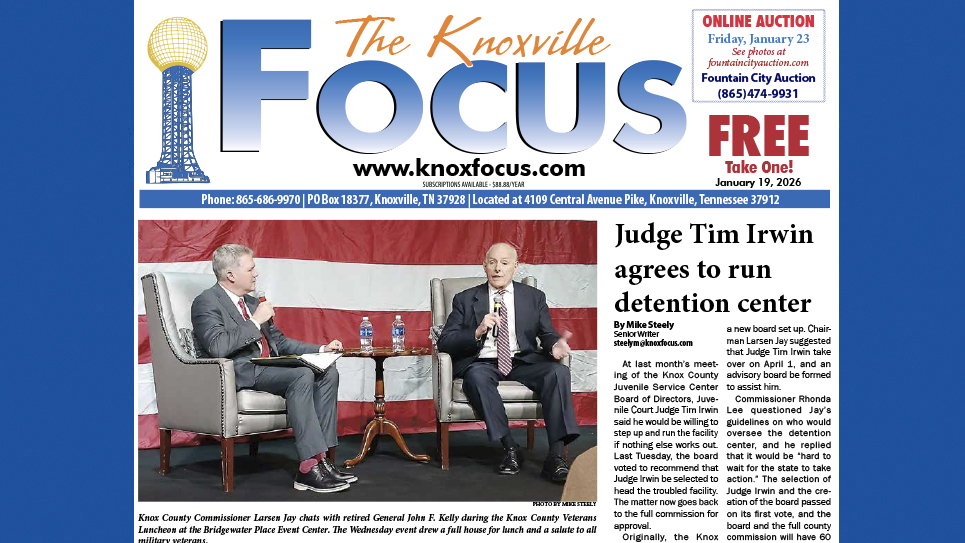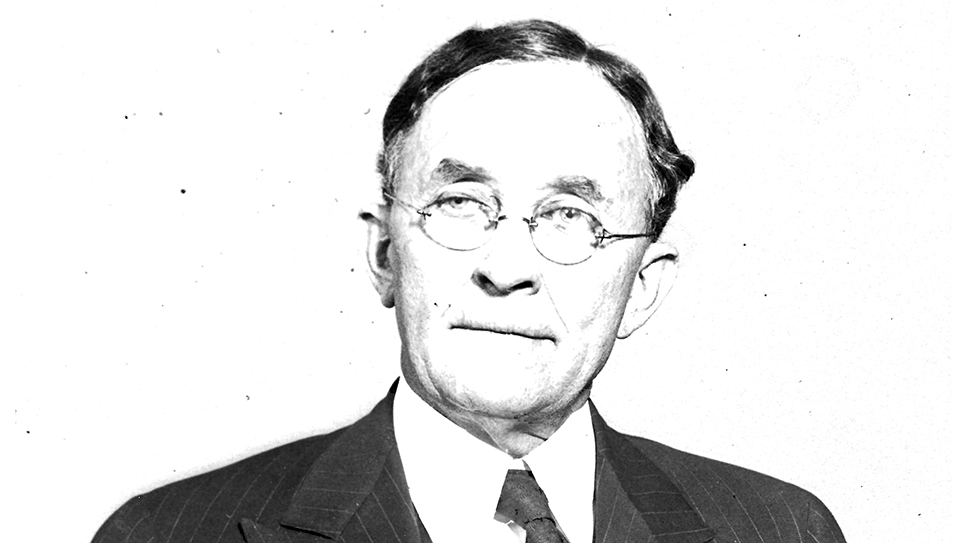Jimmy Carter: An Appreciation
By Dr. Harold A. Black
blackh@knoxfocus.com
haroldblackphd.com
A right-wing daily had the headline “20th Century’s Worst President Dead at 100.” Worst president? Not even close. I guess the author has forgotten about Woodrow Wilson (my number 1), Herbert Hoover, Warren Harding, Calvin Coolidge and possibly George W. Bush.
Carter had the ill fate of being president during tumultuous times. His years were filled with crisis after crisis. He inherited a lousy economy, one with double-digit inflation and double-digit unemployment. The economic woes were due to the OPEC-induced oil crisis which precipitated the fall of the Shah of Iran and led to the Ayatollahs. Fed chairman Paul Volcker told Carter that to get out of the economic situation – called stagflation – that he would have to induce a recession. The Fed raised the Fed Funds rate to 17.5% (it is now 4.25%). The economy went into a recession but came out of it rather quickly – but too late to save Carter’s presidency.
Carter’s main foreign policy focus was on the Middle East where his greatest achievement was the Camp David Accords. It established peace between Israel and Egypt. But Carter was no friend of Israel. He advocated for a Palestinian state. He never wavered in that belief although roundly criticized by Israeli supporters.
The fall of the Shah led to the Iranian hostage crisis. The hostages were freed after Carter lost his reelection bid to Ronald Reagan. Carter approved a rescue effort by the US military that ended in a helicopter crash costing eight lives. This further damaged Carter politically.
Carter also gave the Panama Canal to Panama. Although built by America in 1914 and administered by it through the years, Carter saw fit to give it to Panama to lessen criticisms about American imperialism in the hemisphere. Trump now of course wants it back. Carter also faced the Mariel Boatlift in 1980 where Castro released 125,000 criminals and psychiatric patients and sent them by boat to the US.
Then there was the Russian invasion of Afghanistan. Carter levied trade embargoes and sanctions on the Russians. He then canceled the participation of the US team in the Moscow 1980 Olympics. The Russians played tit for tat and canceled their participation in the 1984 Los Angeles Olympics. Eventually Carter and Soviet leader Brezhnev signed the SALT II treaty setting limits on nuclear weapons which was later scuttled by Reagan.
Carter was also the father of craft beer. Though a teetotaler, Carter signed into law the legalization of home brewing which had been banned since Prohibition. In 1978 Carter signed a law legalizing home brewing sparking the microbrewing industry. He is hailed as a hero by that industry.
Carter saved NASA’s space station program by giving NASA the resources needed to see the project through to its inaugural launch in 1981 and provided $200 million in additional funds in 1979 and an extra $300 million the following fiscal year.
Carter was also the first diversity and inclusion president. Note that the “E” is missing. The Georgian was a staunch civil rights advocate. Unlike Lyndon Johnson, Carter meant it. He instructed the recruiters in White House personnel that he wanted a qualified black on every appointed regulatory board in Washington. Note the use of the word “qualified.” That led to my being contacted by the White House to come to Washington to interview for an appointment to the first National Credit Union Administration Board.
Carter was perhaps the most market oriented president. He was a champion of deregulation. Unlike most Democrats, Carter led efforts to deregulate the airlines, trucking, railroads, energy, communications and financial institutions. The cost of flying a mile declined by half and air travel became a mainstay of American life. The logistical cost of moving goods shrank as a share of gross domestic product by 50 percent.
Carter also signed the most sweeping banking deregulatory act in history, the Depository Institutions Deregulation and Monetary Control Act of 1980. That act enabled institutions other than banks to issue interest bearing checking accounts, deregulated interest rate ceilings and allowed certificates of deposits. What Carter did was to make Reagan’s first term easier than it otherwise would have been. Deregulation made businesses more flexible.
Carter probably faced more adversity than any peacetime president since Herbert Hoover. He was the most pro-deregulation president in history. To call him the worst president of the 20th century just shows blind prejudice and is clearly false.
Rest in peace, Mr. President.






